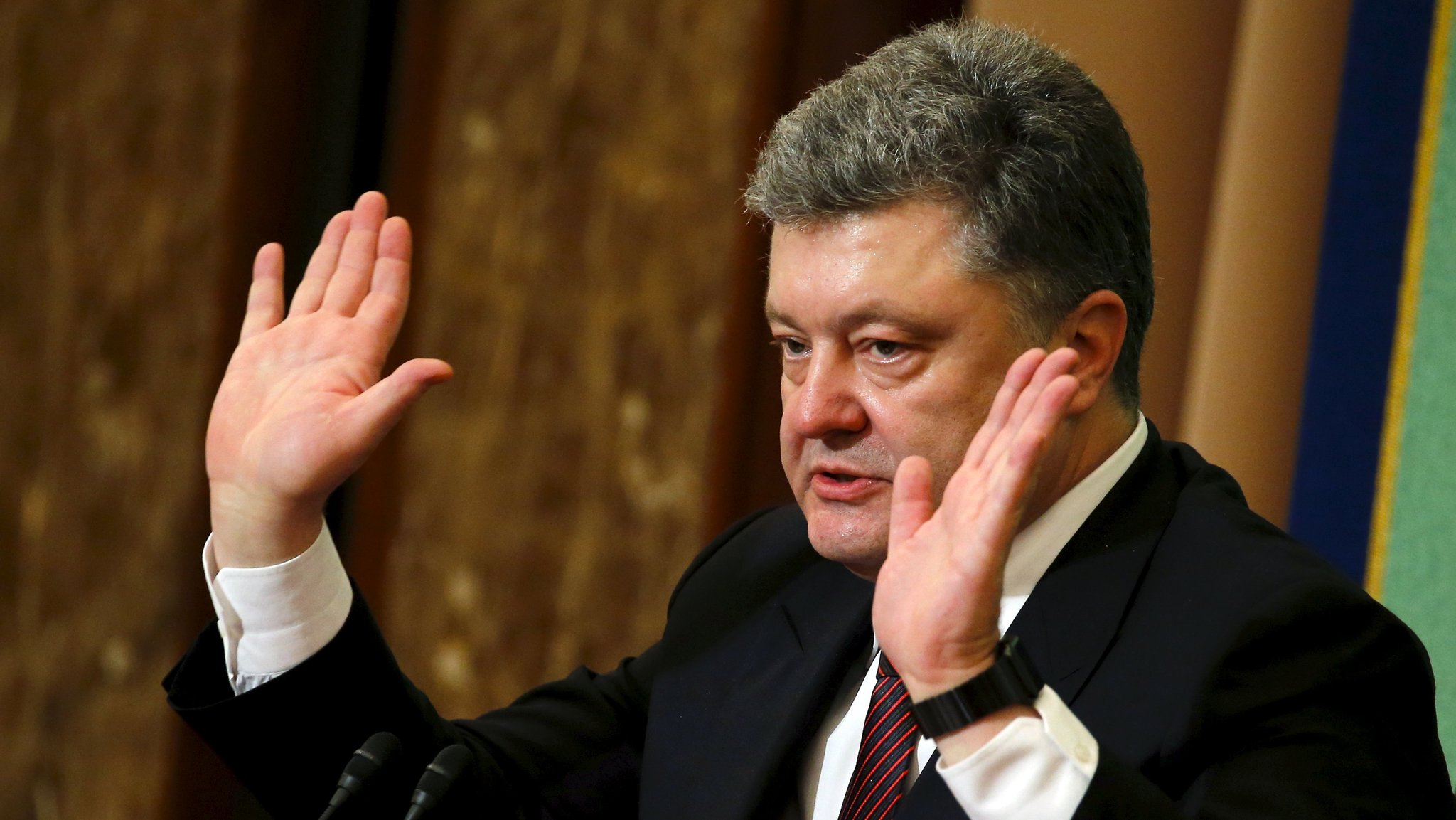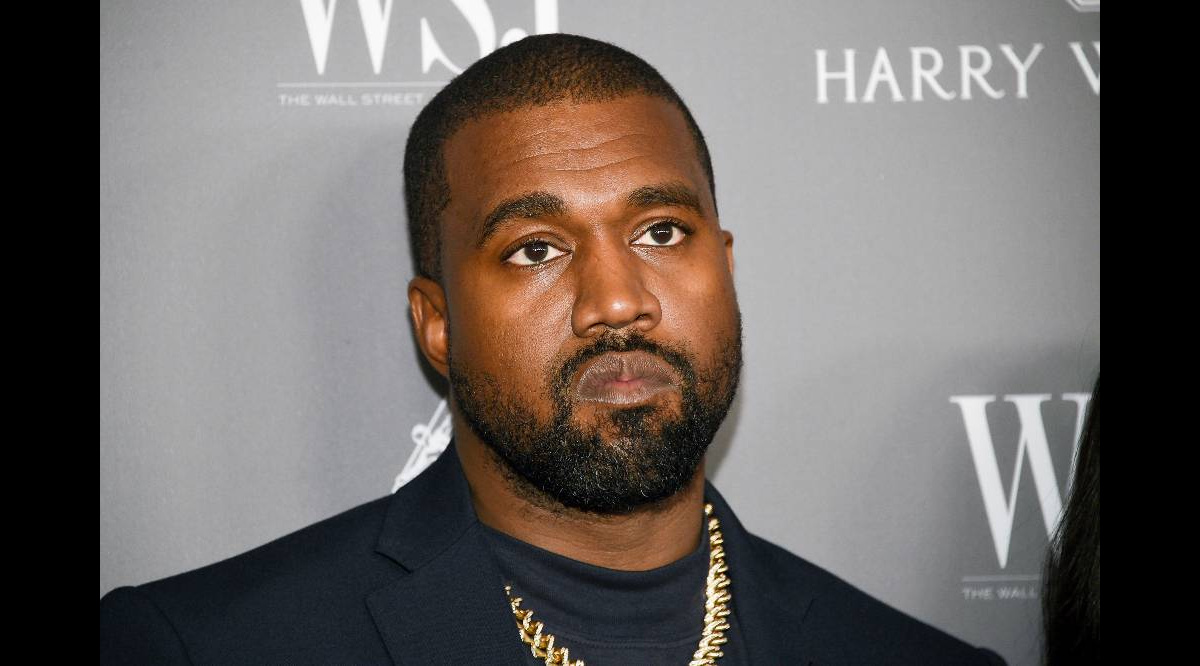Dutch Unlikely To Support EU's Retaliatory Measures Against Trump Tariffs

Table of Contents
Economic Dependence on the United States
The Netherlands' deep economic entanglement with the United States forms the bedrock of its anticipated resistance to EU tariffs. Dutch-US trade relations are extensive and multifaceted, making the Netherlands highly vulnerable to any escalation of the trade war. This interdependence is reflected in several key areas:
-
Significant Trade Volume: The Netherlands boasts a substantial trade volume with the US, involving billions of euros annually. This includes significant Dutch exports of agricultural products, such as flowers and horticultural products, as well as high-tech exports in sectors like semiconductors and pharmaceuticals. Conversely, the Netherlands is a major recipient of American investments and a home to numerous significant US companies.
-
Key Industries Impacted: Industries such as agriculture, technology, and logistics in the Netherlands are heavily reliant on the US market. Tariffs imposed by either side could severely disrupt supply chains, impact profitability, and lead to job losses, directly impacting the Dutch economy.
-
US Corporate Presence: Major US corporations, vital contributors to the Dutch economy, maintain extensive operations within the Netherlands. Any retaliatory measures could put these operations at risk, triggering negative consequences for both the companies and the Dutch economy. For instance, the impact of increased tariffs on US tech giants operating in the Netherlands would be significant for employment and economic growth. The Netherlands-US economic ties are deeply interwoven, making any escalation of trade tensions a major concern.
Political Considerations and Transatlantic Relations
Beyond economic considerations, the Netherlands' historically strong relationship with the US heavily influences its stance on retaliatory tariffs. This close relationship, rooted in shared values and strategic alliances, carries significant diplomatic implications.
-
NATO Membership and Security Cooperation: The Netherlands plays a crucial role in NATO, emphasizing close security cooperation with the US. Supporting EU measures against the US could strain this vital alliance, creating potential security concerns for the Netherlands.
-
Diplomatic Fallout: A strong stance against the US could negatively impact future political collaborations and diplomatic efforts between the two nations. This could limit the Netherlands' influence on critical global issues and hinder its ability to pursue its foreign policy objectives effectively.
-
Negative Consequences for Dutch Businesses: Retaliatory tariffs could negatively impact Dutch businesses operating in the US, leading to decreased competitiveness and potential losses. This could create tensions between the Dutch government and its business community, further complicating the situation. The potential for negative consequences on Dutch-US relations is a significant factor in the Dutch government’s decision-making process concerning EU trade policy.
Internal Dutch Political Landscape
The internal Dutch political landscape further complicates the situation. While the government generally favors strong transatlantic ties, internal divisions on EU trade policy could impact the final stance.
-
Party Positions: Major Dutch political parties hold varied viewpoints on this matter, ranging from strong support for the EU to a more cautious approach that prioritizes maintaining good relations with the US.
-
Internal Debates and Disagreements: The Dutch government may face intense internal debates and disagreements on how best to navigate this complex situation, balancing EU solidarity with national interests. The potential for internal conflict makes a unified approach difficult to achieve.
-
Public Opinion: Public opinion polls on the issue are crucial to gauge the level of support for EU retaliatory measures within the Netherlands. The public's sentiments will heavily influence the government's final decision.
Potential Alternatives and Mitigation Strategies
Instead of supporting retaliatory tariffs, the Netherlands might advocate for alternative approaches focused on diplomatic solutions and bilateral negotiations:
-
Diplomatic Initiatives: The Netherlands might push for intensified diplomatic initiatives aimed at finding common ground and de-escalating the trade dispute through bilateral negotiations or multilateral agreements.
-
Compromise Solutions: Exploring compromise solutions that address both the EU's and the US's concerns is a possibility, minimizing the negative impact of tariffs on both sides.
-
Mitigation Strategies: Developing effective mitigation strategies to minimize the negative impacts of tariffs on the Dutch economy, such as providing financial support to affected industries, could be prioritized.
Conclusion:
The Netherlands' anticipated opposition to EU retaliatory measures against Trump-era tariffs stems from a complex interplay of economic dependence on the US, vital political considerations concerning transatlantic relations, and the nuances of the Dutch internal political landscape. This potential divergence from the EU's overall strategy highlights the significant challenges facing the Union in its trade relations with the US. The Dutch government’s decision will have significant implications for the EU's ability to enforce its trade policy effectively. Weigh in on the debate surrounding Dutch opposition to EU tariffs and discuss the implications of this stance on future EU-US trade relations.

Featured Posts
-
 The Angelo Stiller Case Highlighting Problems In Bayern Munichs Youth System
May 18, 2025
The Angelo Stiller Case Highlighting Problems In Bayern Munichs Youth System
May 18, 2025 -
 Pvv Internal Disputes Wilders Leadership Under Pressure
May 18, 2025
Pvv Internal Disputes Wilders Leadership Under Pressure
May 18, 2025 -
 5 26
May 18, 2025
5 26
May 18, 2025 -
 Ocean Current Slowdown Impact On Us Sea Levels
May 18, 2025
Ocean Current Slowdown Impact On Us Sea Levels
May 18, 2025 -
 Understanding Metropolis Japan Culture History And Urban Development
May 18, 2025
Understanding Metropolis Japan Culture History And Urban Development
May 18, 2025
Latest Posts
-
 Following Split Claims Kanye West And Bianca Censori Dine In Spain
May 18, 2025
Following Split Claims Kanye West And Bianca Censori Dine In Spain
May 18, 2025 -
 Kanye West Bianca Censoris Spanish Dinner Date Amidst Relationship Speculation
May 18, 2025
Kanye West Bianca Censoris Spanish Dinner Date Amidst Relationship Speculation
May 18, 2025 -
 Kanye West And Bianca Censori A Spanish Restaurant Reunion
May 18, 2025
Kanye West And Bianca Censori A Spanish Restaurant Reunion
May 18, 2025 -
 Persistent Today Show Segment Featuring Jenna Bush Hager Sparks Viewer Debate
May 18, 2025
Persistent Today Show Segment Featuring Jenna Bush Hager Sparks Viewer Debate
May 18, 2025 -
 Instruktsiya Kane Uesta K Sobstvennym Pokhoronam Vdokhnovenie Ot Pashi Tekhnikom
May 18, 2025
Instruktsiya Kane Uesta K Sobstvennym Pokhoronam Vdokhnovenie Ot Pashi Tekhnikom
May 18, 2025
